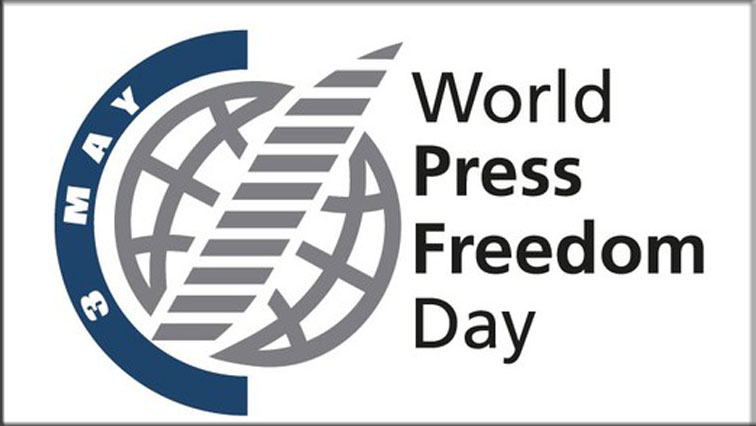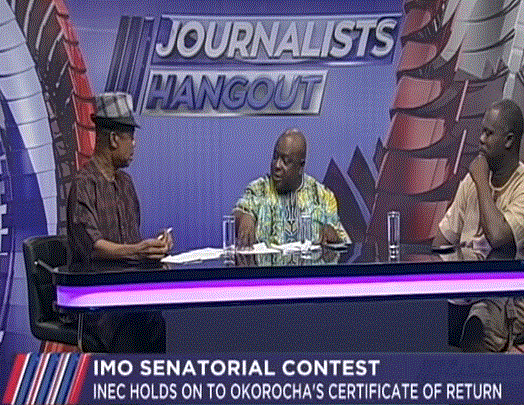 It’s World Press Freedom day! A day set aside to at least remember the struggles and challenges faced by journalists in the course of discharging their duties.
It’s World Press Freedom day! A day set aside to at least remember the struggles and challenges faced by journalists in the course of discharging their duties.
Correspondent Kareemah Salami reports that the evolution of the media over the years has been through different phases and one trend that has defined its effectiveness is the liberty to operate or lack of it.
Every society adopts the kind of media that suits it which ranges from state controlled and restricted to free press. But is there anywhere or anytime that the media has enjoyed absolute freedom?
In Nigeria, the liberty of the press is within the context of the general freedom of citizens to speech as provided by section 39, subsection 1 of the 1999 constitution as amended and this is in line with International human rights.
After years of heated agitations, added window was provided through the Freedom of Information act. But application of this law has been plagued with extreme bureaucracy, eight years after it was signed.
Despite what critics refer to as brown envelop journalism, political influence on the media, and influx of half baked professionals into the industry, the public still have trust and confidence on the press.
No doubt, the media in Nigeria has been in the forefront of whatever the country has achieved over the years; from independence from colonialism, to enthronement of civil rule after years of military dictatorship.
But many will argue that the best is yet to come and a freer society to operate could just be the needed tonic.





